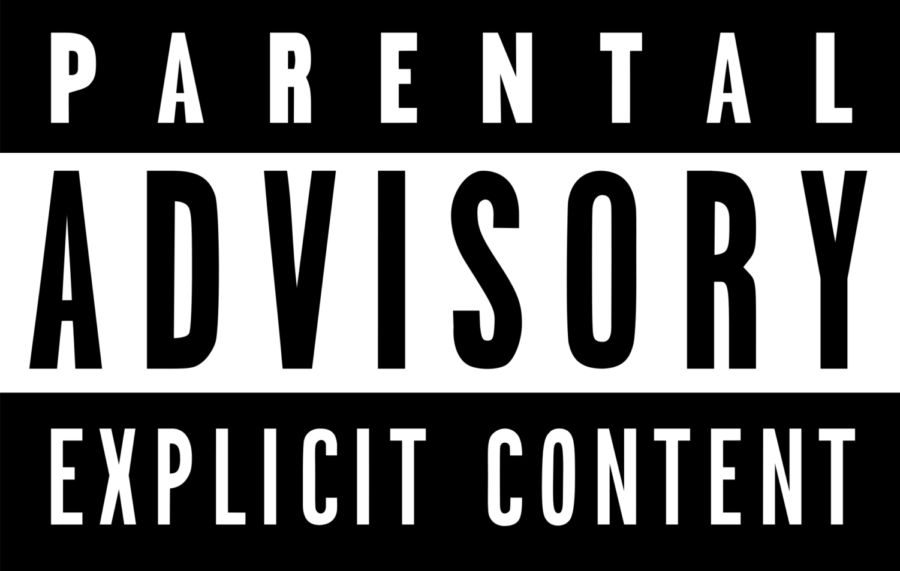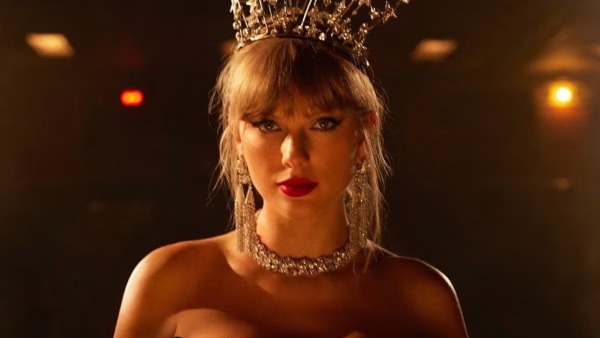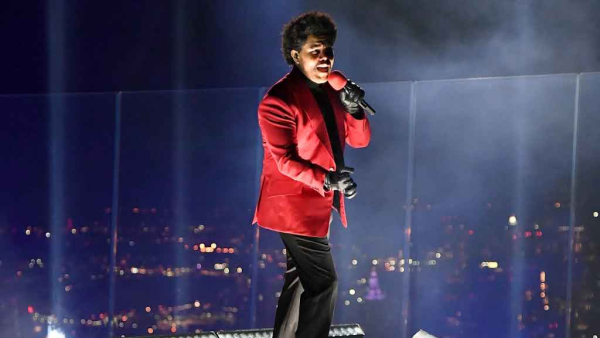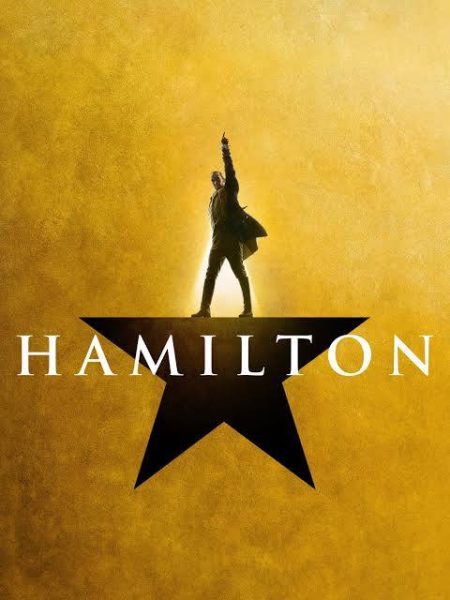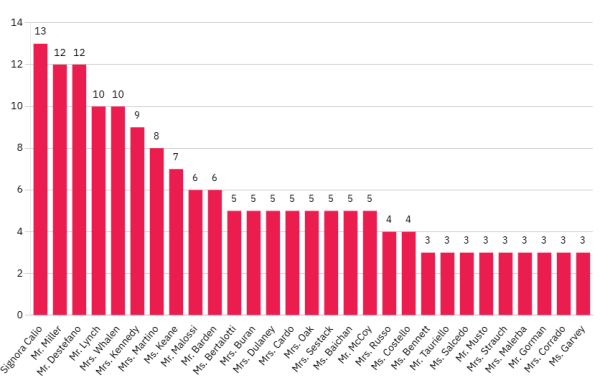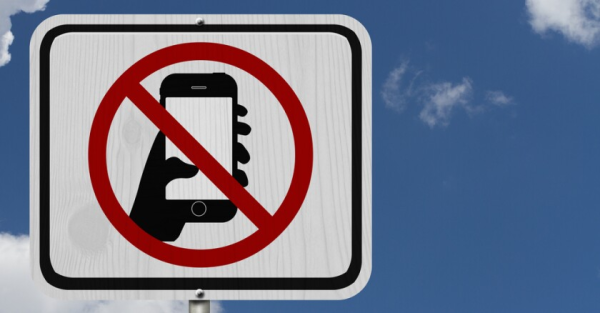We Need More Rap with Meaning
It’s hard to turn on the radio without hearing at least one rapper singing about himself at the club, the last molly that he popped, or how many girls he brought back from the club. The lyrics in many mainstream rapper’s songs are very basic with no meaning under it, despite a select few.
I’m not saying that everything a rapper releases has to have a deep meaning, because that’s what rap has always been about — going crazy. A clear example of this is Eminem: one of the greatest rappers of all time, if not the best. He really boosted his career with his “Slim Shady” character, who would constantly say crazy things and start “beef” with celebrities. Despite his crazy persona in the rap game, Eminem has also talked about some serious topics on his albums, a lot of it pertaining to his drug addiction and internal struggles, many things that were being avoided in the public eye.
Bringing mental issues to light is something that rappers barely do, but when it’s done correctly, its impact speaks for itself. A prime example of this is Logic’s recent 1-800-273-8255 record. The song title is the number for the national suicide prevention hotline, prompting the song to talk about suicide, something that we don’t really see talked about publicly. The song tells the story of a caller’s conversation with a hotline worker, with each chorus and verse alternating between the caller talking and then the worker talking. The first chorus starts off with the caller saying “I don’t wanna be alive, I just want to die.” In the second chorus the worker says retaliates in a way saying, “I want you to be alive” and “you don’t gotta die today.” The song keeps continuing this theme and in the third chorus, the caller says, “I finally wanna be alive,” showing the journey that he’s made mentally.
Logic’s 1-800-273-8255 caused the national suicide prevention hotline to get the second highest call volume in their entire history the day that the song released and has stayed above its numbers since before the song came out. This statistic alone is enough to show how big of a platform rappers have and how this is a great way to use it. Before this song released, Logic was not that big of a rapper, the highest he charted on the Hot 100 prior to this was #87 with “Black Spiderman,” about six months after 1-800-273-8255 was released, it peaked at #3. If Logic can create such an impact with his platform, imagine what mainstream rappers could do. Now I’m not saying Logic didn’t have a large fanbase prior, but I am saying imagine if Drake made the same song that Logic made, it would probably hit number 1 in its first few weeks and the hotline would break all of it’s records.
My point there is to show that rappers in the spotlight right now should use their platform to talk about issues normally considered taboo in the public eye.
Despite this, Drake did make the now infamous “God’s Plan” music video where he donated the music video’s budget of near 1 million dollars to people assumed to be poverty-stricken people in Miami. While this is one of the most selfless things Drake could do, and in no way am I criticizing his donations, but the song doesn’t relate in any way to his acts. The song talks about, as Drake puts it “Bad things, it’s a lot of bad things,” talking about his life problems and how people with “bad things” on him. Drake could have taken this as a chance to talk about poverty around the world, or even just in America and how that affects people. Poverty is one of the worlds biggest conflicts right now and there wouldn’t have been any downside to Drake making a song attempting to show poverty-stricken people that he understands from past experience or even that he knows and he is doing his best to help. Drake’s acts in the “God’s Plan” video definitely show that he cares, but there would definitely be a bigger impact if Drake made a song about poverty and then donated the video budget to poverty-stricken people, further drilling the point of the song.
To be honest, Drake isn’t really the one that should get too much criticism about this topic though, rappers like lil pump definitely aren’t talking about real problems on their songs, but they fit different niches. Despite this niche Lil Uzi Vert is considered “mindless rap” to many people but XO TOUR LIF3 does explore the mental health issues being on tour can have on a person; if uzi can do it, so can others.
Overall, the rap scene right now is filled with people who have such a large platform to speak about issues on and many don’t take the opportunity and instead the charts are filled with rappers talking about their drugs and girls. When issues are talked about through rap, most of the time it goes well for even underground artists like Logic. So let’s just hope to see more rap songs with meaning in 2018.
Anthony DiBenedetto is a sophomore at Bethpage High School and this is his first year in journalism. He is a part of the school track teams and enjoys...

